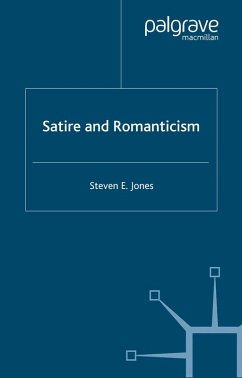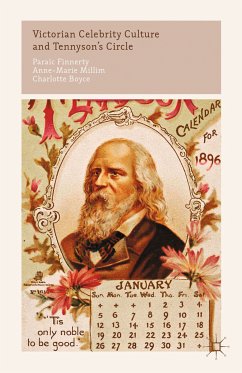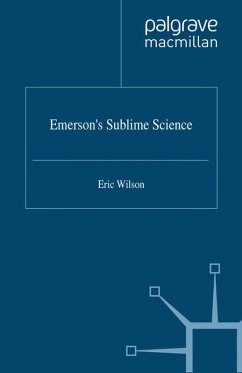This remarkable study of the constructive and ultimately canon-forming relationship between satiric and Romantic modes of writing from 1760 to 1832 provides us with a new understanding of the historical development of Romanticism as a literary movement. Romantic poetry is conventionally seen as inward-turning, sentimental, sublime, and transcendent, whereas satire, with its public, profane, and topical rhetoric, is commonly cast in the role of generic other as the un-Romantic mode. This book argues instead that the two modes mutually defined each other and were subtly interwoven during the Romantic period. By rearranging reputations, changing aesthetic assumptions, and re-distributing cultural capital, the interaction of satiric and Romantic modes helped make possible the Victorian and modern construction of 'English Romanticism'.
Dieser Download kann aus rechtlichen Gründen nur mit Rechnungsadresse in A, B, BG, CY, CZ, D, DK, EW, E, FIN, F, GR, HR, H, IRL, I, LT, L, LR, M, NL, PL, P, R, S, SLO, SK ausgeliefert werden.









